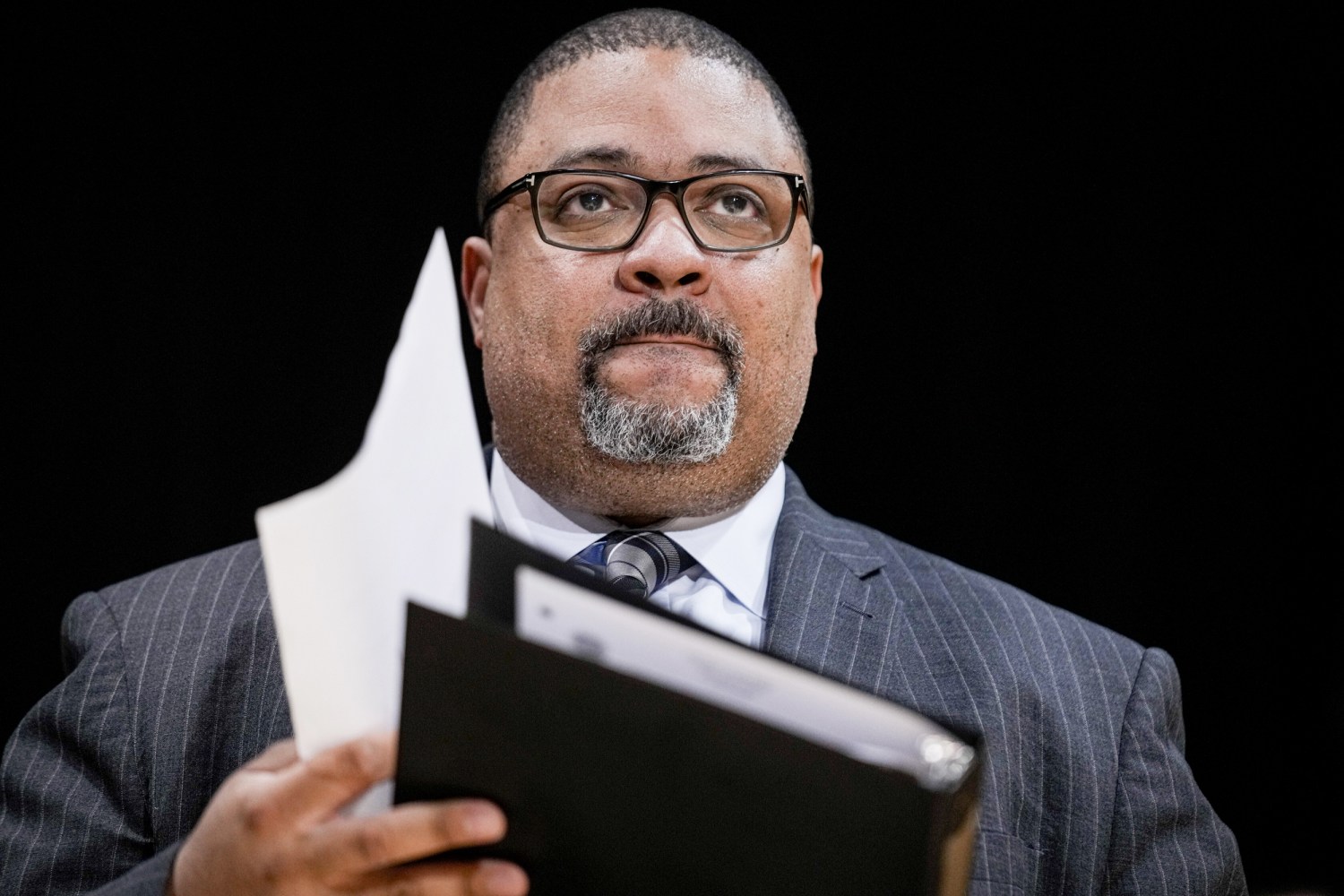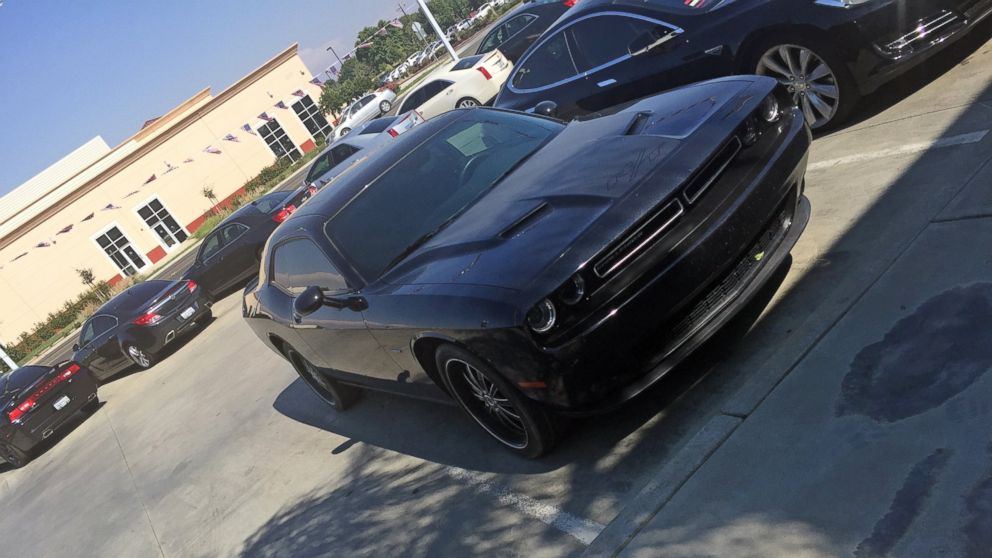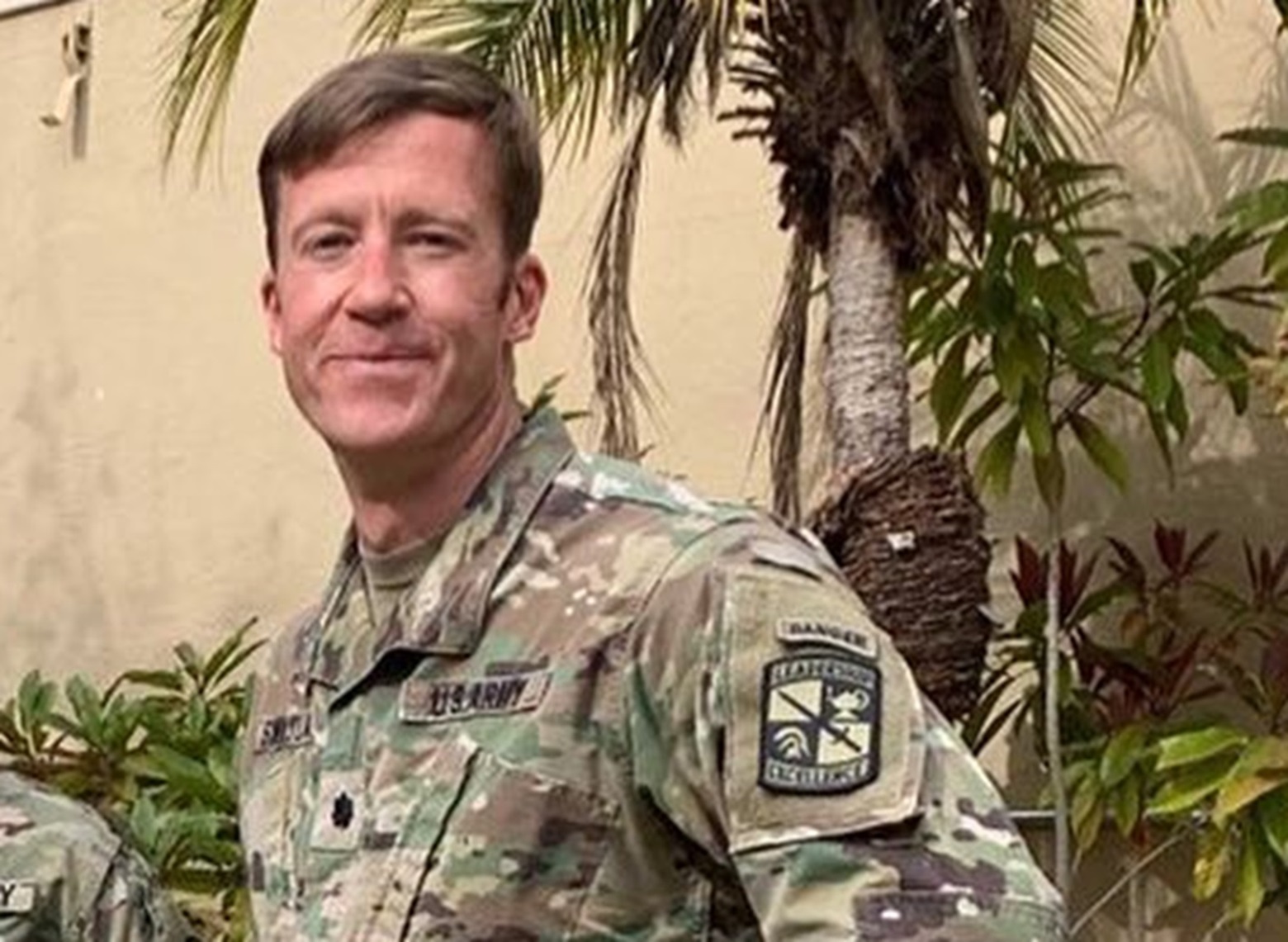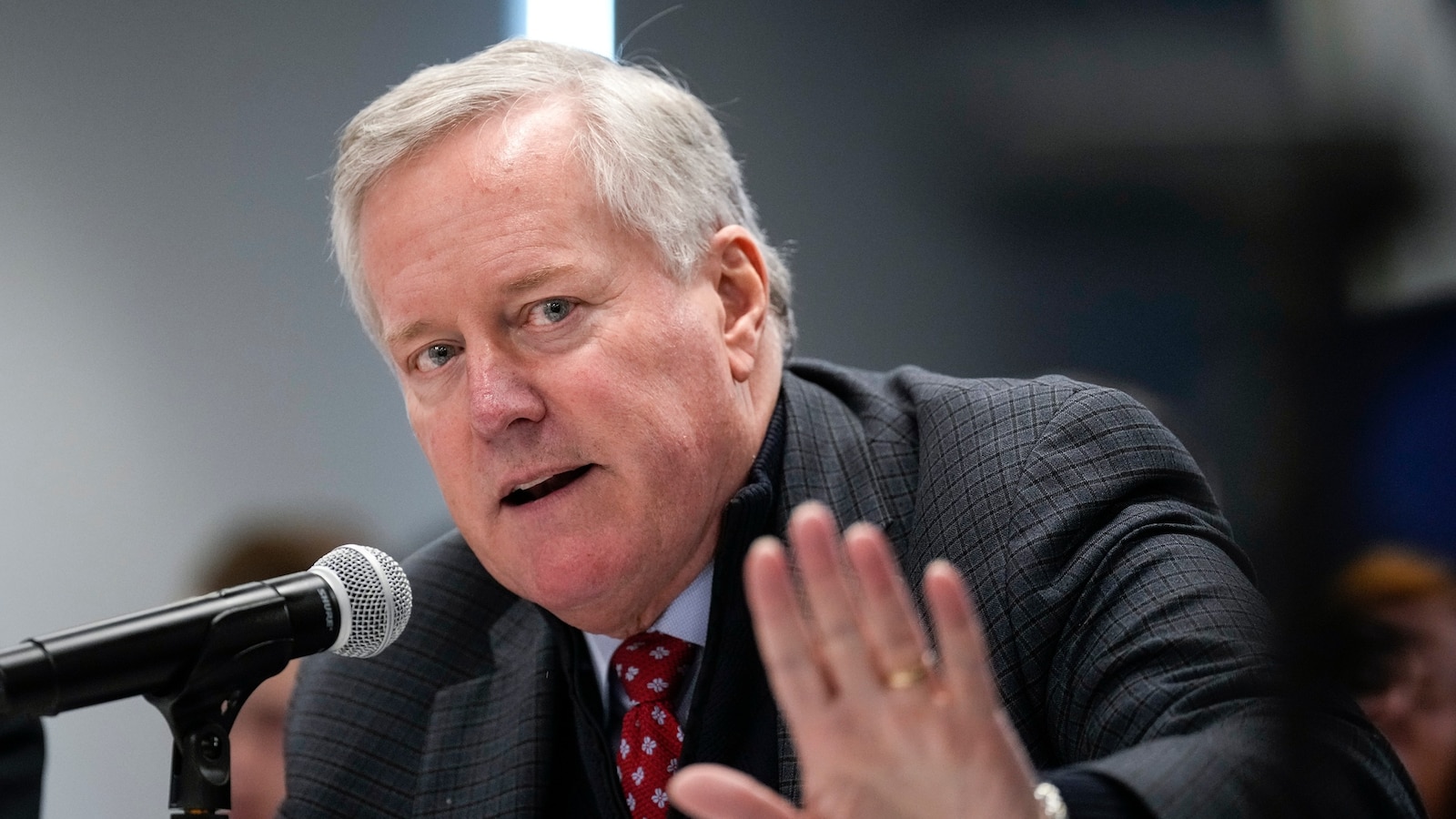The Supreme Court’s Presidential Immunity Ruling and the Donald Trump Case
The recent Supreme Court ruling on presidential immunity has raised questions about its impact on the ongoing criminal case against former President Donald Trump in New York. While the Manhattan District Attorney’s office maintains that the ruling “has no bearing on this prosecution,” the complex nature of the ruling suggests potential implications.
The Roberts Court’s Ruling
In the case in question, the Court’s Republican-appointed majority established a new test for distinguishing between official acts, which may be immune from prosecution, and unofficial acts, which may be charged. However, the ruling also restricts the government’s use of official-act evidence to prove guilt of private conduct.
Potential Issues in the Trump Case
The prosecution has identified six types of evidence from Trump’s trial that could potentially be affected by the immunity ruling:
- Testimony from Hope Hicks about White House communications
- Testimony from Madeleine Westerhout about office procedures
- Tweets posted to Trump’s personal account
- Testimony from Michael Cohen about lying to Congress
- Testimony from Cohen about FEC investigations
- Trump’s OGE Form 278e
The prosecution argues that this evidence does not violate the immunity ruling, or that any potential errors would be harmless. However, Trump’s lawyers contend that presidential immunity errors can never be harmless.
The Unusual Nature of the Ruling
The Supreme Court’s ruling is notable for its skepticism towards prosecutions against former presidents, especially Trump. In the ruling, Chief Justice John Roberts expressed skepticism about safeguards such as evidentiary rulings and jury instructions, suggesting that they may be inadequate to protect presidential prerogatives.
This raises concerns about how the Trump case will proceed, particularly if it is determined that official-type evidence was improperly introduced during the trial. In such a scenario, prosecutors may be forced to retry the case.
Conclusion
The Supreme Court’s presidential immunity ruling has injected a new level of uncertainty into the Trump criminal case. While the prosecution maintains that the ruling is not applicable, the ruling’s broad language and skepticism towards presidential prosecutions could potentially lead to complications in the sentencing phase. The judge’s upcoming ruling on September 6th will provide further clarity on the impact of the ruling on the case.



